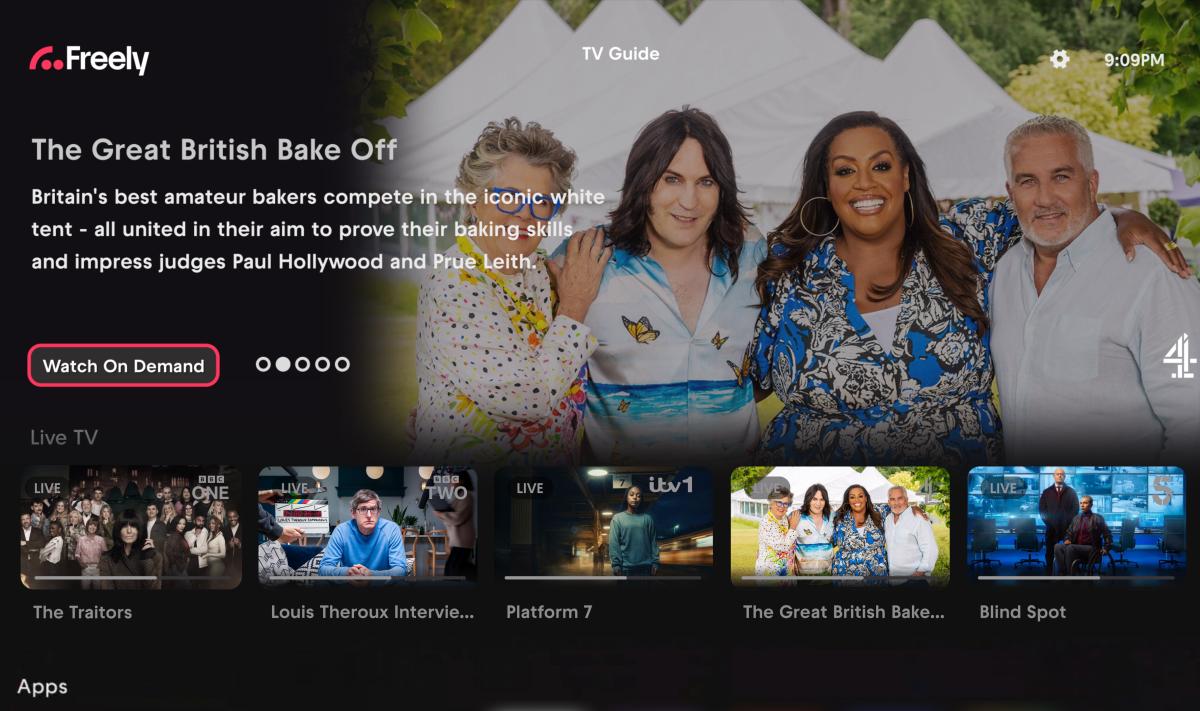After a tough year for Meta, Instagram could be on track to recover its self image. The latest projection from the World Advertising Research Center (WARC) forecasts the social media company to generate $71 billion in ad revenues in 2024.
Last year saw Meta’s first annual decline in revenues, with the ad business still reeling from the effects of Apple’s App Tracking Transparency (ATT) policy, and CEO Mark Zuckerberg pumping $15 billion into the Metaverse. In October 2022, Meta shares fell to their lowest price since 2016.
But Meta appears to have corrected course this year, posting a 12 percent YoY uptick in ad revenues for the latest quarter, while its stock has climbed by 159 percent in 2023. The company also expects Q3 revenues in the range of $32-34.5 billion.
And WARC predicts Instagram-only ad revenues to reach $71 billion in 2024, a 25.8 percent increase on 2023. The image sharing app accounted for 44 percent of Meta’s revenue last year, but WARC suggests it is “only a matter of time” before Instagram overtakes Facebook in terms of ad revenues.
WARC noted that Meta’s investment in AI is helping the company compensate for losses caused by Apple’s privacy changes. The social media giant has deployed AI for content recommendation and advertising automation processes, thereby improving its targeting capabilities.
Meanwhile Reels, Instagram’s short-form video offering, is also said to be driving revenue growth. This time last year, the company was facing criticism for trying to emulate TikTok, when leaked documents revealed that engagement on Reels was less than 10 percent that of its short-form rival.
Mark Zuckerberg admitted that Reels was slow to monetise, and was therefore cannibalising its better-performing products. But he maintained that “Reels will grow engagement overall and quality will eventually monetise closer to Feed.”
Reeling in revenues
WARC’s forecast suggests the strategy is paying off, with Reels now outperforming all other types of content on Instagram, according to Emplifi. The research found that Reels generate 55 percent more interactions than single image posts, and 29 percent more interactions than standard video posts. The Emplifi data showed that ad campaigns on Reels reach twice the audience as those running on TikTok.
Reels has particularly attracted younger audiences, according to WARC, with 60 percent of Gen Z and Millennials now using Instagram, ahead of TikTok and Facebook on 38 percent. Influencers also favour Instagram (90 percent) over TikTok (63 percent), according to the research.
Advertisers are therefore expected to tap into that popularity, with 30.4 percent of consumers turning to Instagram when searching for brands. WARC projects global retail spend on Instagram to reach $9.1 billion in 2024, up from $3.2 billion in 2020. “The growing popularity of social commerce is moving Instagram closer to the point of purchase,” said the report.
“Twelve months ago, commentators were warning of a ‘reckoning’ for Big Tech with platforms like Instagram hurting from signal loss resulting from Apple’s ATT policy, alongside a broader slowdown in digital ad investment,” added Alex Brownsell, Head of Content at WARC Media. “What a difference a year makes. Buoyed by innovations in AI targeting helping it to offset the impact of ATT and improved monetisation of Reels, it is only a matter of time before Instagram surpasses its Meta stable mate Facebook to become the world’s largest social media platform by ad revenue.”
But Meta’s advertising woes may not be over. Failure to comply with EU regulation has prompted the company to propose changes to its consent mechanism, meaning users will have to explicitly agree to have Meta collect the data it uses to target ads. The changes could stem revenue growth in a similar manner to Apple’s consent policy. And if further legislation seeks to curb the ways in which Big Tech firms deploy AI, there is the risk Meta finds its new targeting solutions out of favour with regulators.




